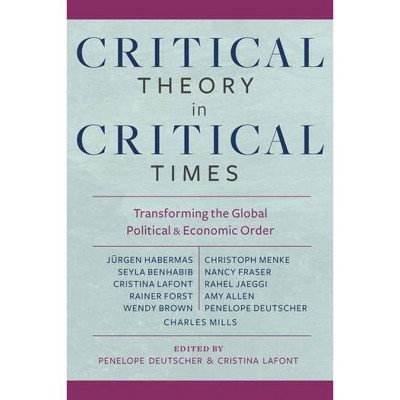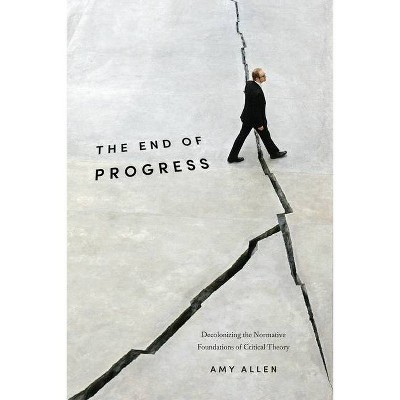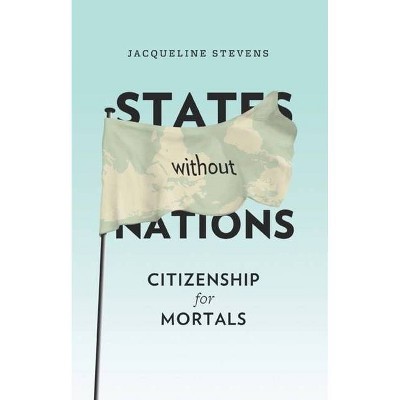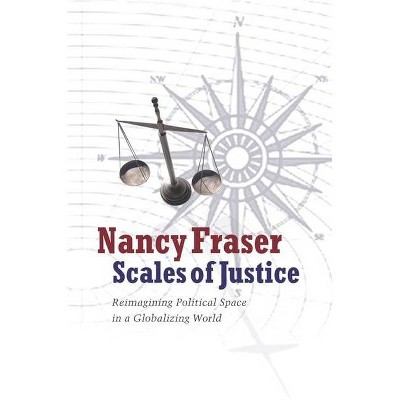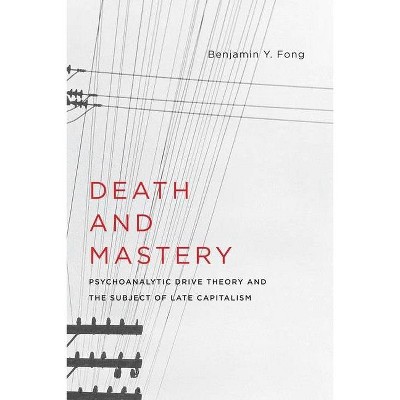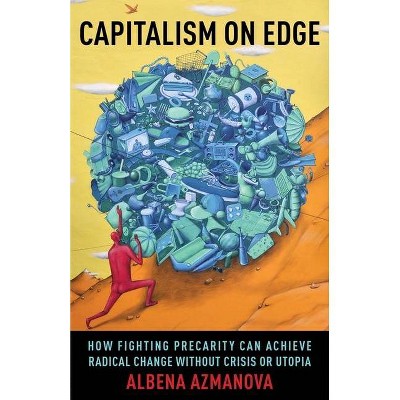The Wrath of Capital - (New Directions in Critical Theory) by Adrian Parr (Paperback)

Similar Products
Products of same category from the store
AllProduct info
<p/><br></br><p><b> About the Book </b></p></br></br><p>Adrian Parr calls attention to the problematic socioeconomic conditions of neoliberal capitalism underpinning the world's current environmental challenges, and she argues that, until we grasp the implications of neoliberalism's interference in climate change talks and policy, humanity is on track to an irreversible crisis.</p><p>Parr calls out the neoliberalization of nature in the development of green technologies, land use, dietary habits, reproductive practices, consumption patterns, design strategies, and media. She dismisses the notions that the free market can solve and reverse debilitating environmental degradation and that climate change is nothing more than a political ghost emptied of its collective aspirations. Decrying what she perceives as a failure of the human imagination and an impoverishment of political institutions, Parr pushes the sustainability movement to engage more aggressively with the logical and cultural manifestations of consumer economics. If the economically powerful continue to monopolize the meaning of environmental change, she warns, new and more promising collective solutions will fail to take root.</p><p/><br></br><p><b> Book Synopsis </b></p></br></br>Although climate change has become the dominant concern of the twenty-first century, global powers refuse to implement the changes necessary to reverse these trends. Instead, they have neoliberalized nature and climate change politics and discourse, and there are indications of a more virulent strain of capital accumulation on the horizon. Adrian Parr calls attention to the problematic socioeconomic conditions of neoliberal capitalism underpinning the world's environmental challenges, and she argues that, until we grasp the implications of neoliberalism's interference in climate change talks and policy, humanity is on track to an irreversible crisis. <p/>Parr not only exposes the global failure to produce equitable political options for environmental regulation, but she also breaks down the dominant political paradigms hindering the discovery of viable alternatives. She highlights the neoliberalization of nature in the development of green technologies, land use, dietary habits, reproductive practices, consumption patterns, design strategies, and media. She dismisses the notion that the free market can solve debilitating environmental degradation and climate change as nothing more than a political ghost emptied of its collective aspirations. <p/>Decrying what she perceives as a failure of the human imagination and an impoverishment of political institutions, Parr ruminates on the nature of change and existence in the absence of a future. The sustainability movement, she contends, must engage more aggressively with the logic and cultural manifestations of consumer economics to take hold of a more transformative politics. If the economically powerful continue to monopolize the meaning of environmental change, she warns, new and more promising collective solutions will fail to take root.<p/><br></br><p><b> Review Quotes </b></p></br></br><br>an engaging, hard-hitting critique of neoliberalism--Choice<br><br>This book is a welcome addition to the spate of recent books on the ecological and resource calamities currently facing the planet. Unlike so many others - one thinks in this context of authors as disparate as Bill McKibben and Richard Heinberg - Parr analyses the crisis in the context of global inequality and social injustice.--Allan Stoekl "Radical Philosophy "<br><p/><br></br><p><b> About the Author </b></p></br></br>Adrian Parr is Dean of the College of Architecture, Planning, and Public Affairs at the University of Texas at Austin. She is the author of Birth of a New Earth (Columbia, 2017) and The Wrath of Capital (Columbia, 2013), among other books.
Price History
Price Archive shows prices from various stores, lets you see history and find the cheapest. There is no actual sale on the website. For all support, inquiry and suggestion messagescommunication@pricearchive.us
